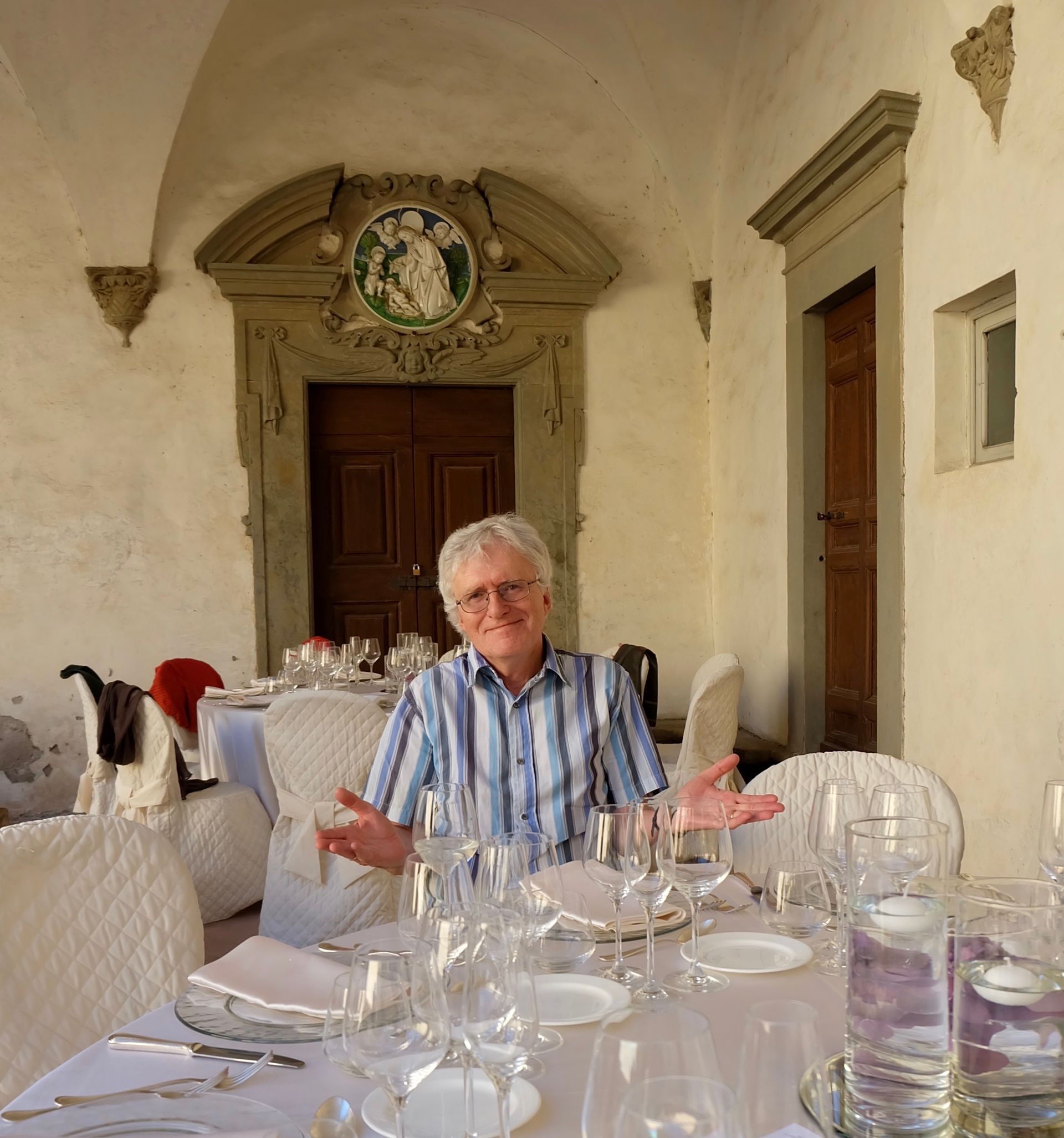The trattativa Stato-mafia: an introduction
Catherine Williams La Trobe University
In the blistering Sicilian sun I sit, together with hundreds of students, awaiting the arrival of Antonio Ingroia who this morning* will participate in a public conversation as part of the Festival della Legalità (a week-long event held annually in Palermo). Behind me a group of boys scans the piazza and the palazzi towering above it for would-be assassins, keen to protect a man who has become, for many, a national hero.
As Ingroia enters the piazza the students break into applause; he takes to the stage flanked by two agents from his security escort, and the conversation with journalist Riccardo Lo Verso begins. At Lo Verso’s first question Ingroia, with a discourse mighty in its linearity and clarity, slices through decades of modern Italian history, focusing on Italy’s experience of organized crime, corruption and, in particular, the trattativa Stato-mafia . Below is a synopsis of Ingroia’s description of what prosecutors allege constitutes this trattativa :
To frame the historical context we need to go back to 1992, when the Christian Democrat Salvo Lima (acknowledged to be the politician who maintained relations with the mafia and was the symbol of the pact between it and politics in that period) is assassinated. Lima’s death follows the Court of Cassation decision confirming the convictions won as part of Falcone and Borsellino’s maxiprocesso, which the mafia perceived as evidence of a failure by that part of politics which had protected it, and maintained a mutually beneficial relationship with it, until that moment; it therefore killed the man who represented the relationship between it and the state.
Lima’s assassination sparks panic in the political world, particularly amongst those politicians who fear being condemned to the same fate. At this point, some politicians who feel at risk from the mafia try to exploit their political power to understand if they are to be assassinated, and whether it is possible to avoid this open war – whether it is possible to negotiate a new pact. But the mafia continues with the slaughter. A few months later it kills Falcone: this spurs on panic within the state, and especially in the world of politics. Borsellino forges ahead with intransigence, fighting for ever-stronger laws against the mafia – and some of the laws he agitates for are passed.
But behind the scenes, some politicians continue to negotiate with the mafia. Contacts are developed in particular with Vito Ciancimino. Ciancimino, mafioso and ex-mayor of Palermo, was the man who was best able to act as an interface between the mafia and politics and open a dialogue, to let the mafia know that there is a part of the state disposed to negotiating and asking the mafia what it needs to stop the slaughter. News of this, according to various ‘pentiti’, arrives at the boss of bosses of that time, Tot ò Riina, who prepares the so-called ‘papello’ (a long list of requests made by the mafia of the state – some feasible, others not).
The negotiations continue at a distance (there is never an in-person meeting between the mafia bosses and the state’s representatives) before an agreement is arrived at – a verbal agreement which leads to the mafia abandoning its plans to kill certain politicians. But because not everyone is willing to negotiate with the mafia the agreement works only in part, and so some mafiosi continue killing. Borsellino is assassinated because he is an obstacle, and then in 1993 the mafia changes strategy and decides to strike outside Sicily: there is the attack on television presenter Maurizio Costanzo, then the bombs in Florence, and then the bombs in Rome and Milan.
In the midst of all this, there are some politicians who continue to negotiate with the mafia; suddenly some progress appears to have been made when in 1993 article 41 bis (establishing a rigorous penal regime for those imprisoned for particular crimes, including mafia crime) is loosened and some mafiosi are spared it, despite adverse recommendations from prosecutors. This negotiating-at-a-distance continues until 1994, when a new pact is concluded.
On 1 October 2012, the historic trial arising from this alleged trattativa opened with twelve mafiosi , politicians, and representatives of the state’s institutions and armed forces facing charges: five mafiosi are charged with threatening the state, five politicians and institutional representatives with complicity in threatening the state, another with complicit mafia association and another with perjury. Ingroia has promised that from Guatemala (where he has accepted a year-long post with the United Nations) he will elaborate on “certain things” which he has not yet been able to in relation to the trattativa , because he will feel less like his hands “are tied”. We will await with great interest what else it is that he has to say.
*The event took place on 4 October 2012








